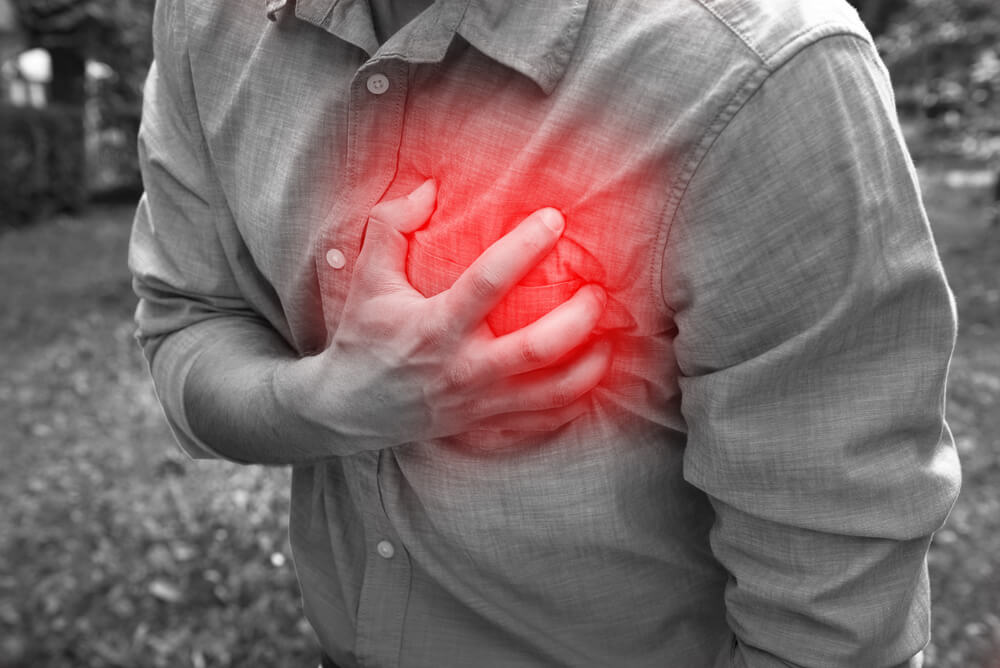DIAGNOSIS
In order to diagnose the condition, the physician may perform or suggest several tests to detect the disease. These tests may be the following:
- Echocardiography. This kind of test evaluates the composition of the patient’s heart, its blood flow, and the heart valves. With this kind of test, the physician can look nearer at the valves and how they function.
- Electrocardiogram (ECG). The ECG can recognize the heart chambers that increased in size, heart disease and irregular heartbeats.
- Chest X-ray. Through the x-ray result, the physician can recognize if the heart increases in size which can be an indication of heart valve disease.
- Cardiac MRI. It is a test that finds out the seriousness of the condition, how the ventricles work, and its size.
- Exercise tests or stress tests. This is considered as the physical exam that assesses the response of the heart to physical exertion and activity tolerance.
- Cardiac catheterization. It is an alternative way of recognizing the seriousness of the condition and diagnosing if the other tests mentioned above were not able.
TREATMENT
The treatment for heart valve disease depends on how serious it gets and how worse the signs and symptoms are.
To improve your situation, your physician may recommend surgery when symptoms are not visible.
Consider these home remedies to help you recover fast with the disease, these include:
- Healthy foods like vegetables and fruits
- Stop smoking
- Handle your stress
- Do workouts and exercises
- Maintain a normal weight


